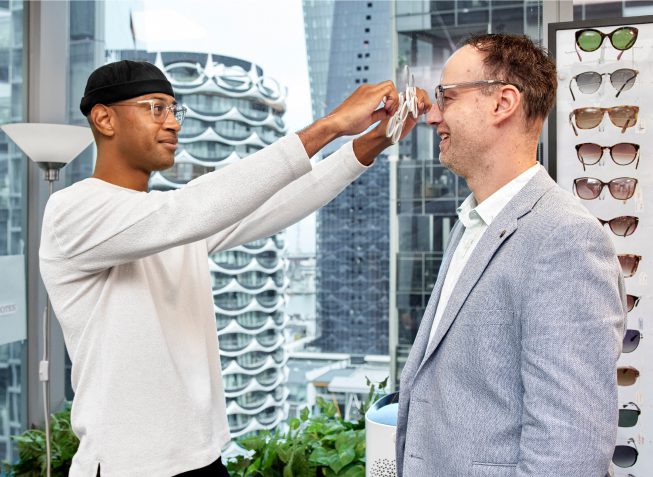Concussion is a word for the effects of a blow to the head. It may be best known through sport, but can happen in daily life through falling, knocking your head against a kitchen cupboard or some such accident. The subject has been taken increasingly seriously in recent years, with some of the most popular sports introducing mandatory concussion checks after a blow to the head.
In cricket, for instance, if a batter is struck on the head (even if they are wearing a protective helmet) they will be examined by the team doctor or physiotherapist before being allowed to continue. It’s the same in football and other sports. The old attitude of shaking your head and getting on with the game is not only not good enough, but also irresponsible, and the same can be said for similar blows to the head that happen in the home or a public place.
What concussion has to do with vision is that the brain is closely connected with the eyes. Vision is a very complex function, and the eyes are delicate but so is the brain in general. Head injuries can be dangerous for both your brain and eyes.

Symptoms of a Concussion’s Effects on Vision
A concussion can result in blurred or double vision, and even though this may pass in time, it is evidence that damage has been done, and your vision is at risk so it’s time to get checked out by a doctor.
Headaches are only to be expected after a blow to that part of the body, but if they persist in the days following the incident, that means you have an injury. There can also be eye strain, causing issues watching television, reading or using a small screen such as a phone, and light sensitivity, making the sufferer uncomfortable with bright light, whether from sunshine or computer screens.
Dizziness and lack of balance can also be related to the eyes, and there can be difficulty with eye coordination, keeping them in sync and working as a complementary pair as normal.
Longer term issues can include motion sickness and an uncomfortable feeling in busy or crowded places.
What to do After a Concussion
Anyone who has suffered a concussion and not received immediate medical attention should see their doctor and/or an optometrist as soon as possible. If you are a friend, teammate or family member of the person who was hit, make sure they take it seriously and get themselves some expert attention.
If it was you, even if you were checked over immediately after the incident, if something doesn’t feel right in the coming days, let your optometrist at Microprism Vision have a look and carry out some quick tests. Your sight is a fragile thing, and you must take good care of it.
